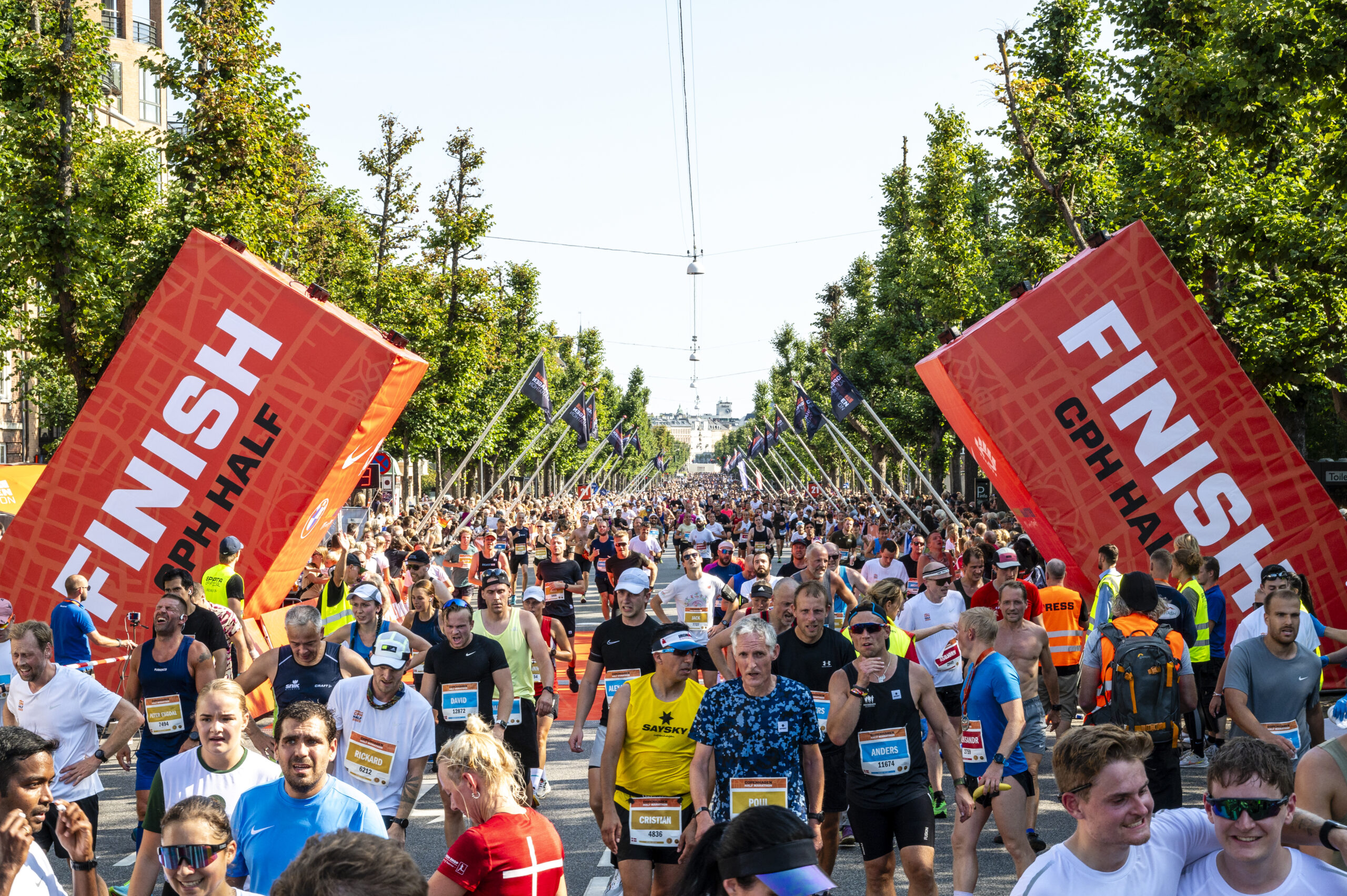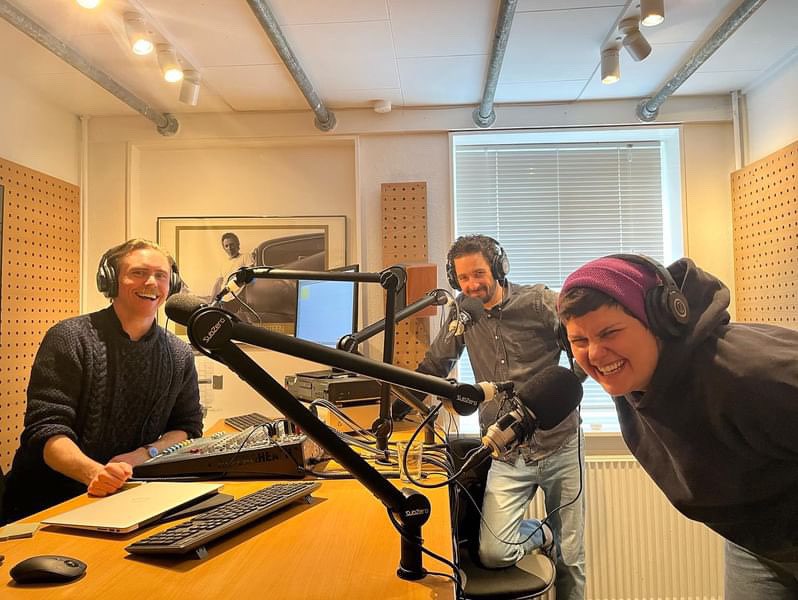There is mounting pressure on the government to follow in the footsteps of Uruguay and the US states of Colorado and Washington to legalise the production, sale and consumption of cannabis.
The South American country and US states are the first in the world to abandon the prohibition of the plant product that –according to the UN Office of Drugs and Crime – was used by more than 180 million people around the world in 2013. The legal, regulated sales of cannabis – the first of their kind in the world – began in Colorado on January 1.
READ MORE: Life after cannabis prohibition: The city announces its ambitions
With nearly a third of Danish adults using cannabis in the last year – the highest rate in the EU – prohibition has failed to stem demand for the drug whose illegal market is worth over one billion kroner a year according to estimates from the national police, Rigspolitiet.
Government prefers status quo
While prominent politicians, including Copenhagen Mayor Frank Jensen (S) and a majority of the City Council, have argued that the criminal market is more dangerous than the drug itself, the government has no intention of changing its prohibition policies.
“There is no doubt that we have to continue to tackle the criminal gangs that are behind the illegal markets, but I’m against legalising cannabis because of the large number of dangerous side-effects that particularly affect the young,” Trine Bramsen, the legal spokesperson for the ruling Socialdemokraterne, said on the DR news programme ‘Deadline’ last weekend.
Bramsen argued that cannabis has been demonstrated to cause a wide range of physical and mental illnesses, and that if it were legalised, the government would ultimately be held responsible.
Wrong about the Netherlands
She also dismissed the argument put forward by the Copenhagen mayor that legalising the sale of cannabis would undermine the livelihoods of career criminals.
“It’s not a good argument because in the Netherlands, where cannabis is legal, there aren’t fewer gangs. In the Netherlands, there are more gangs and they have moved onto harder crime,” she said.
Except that Bramsen was wrong. While Dutch police tolerate the sale and consumption of cannabis in so-called coffee shops, it remains illegal up until the point of sale, meaning that criminal gangs are still responsible for the market.













